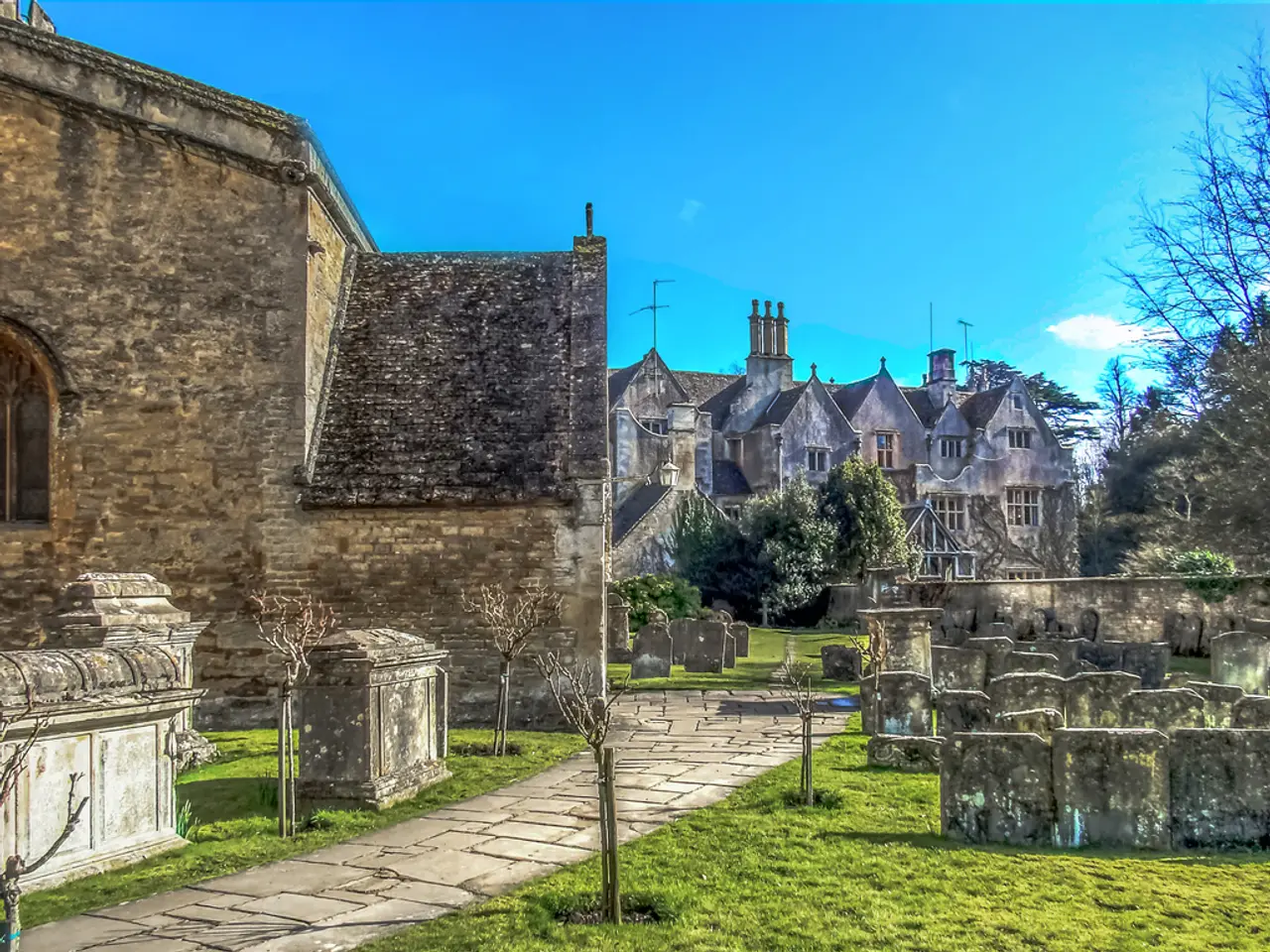In Diepenbroich, 30 subsidized dwellings with two and three bedrooms are available, each featuring accessible balconies or terraces.
Sustainable Social Housing Thrives in North Rhine-Westphalia
In a forward-thinking move, North Rhine-Westphalia (NRW) is leading the way in sustainable, affordable housing with the completion of a new project. The 30 newly built apartments, ready for occupancy, are a testament to the region's commitment to eco-friendly construction and social housing.
Mayor Christian Pakusch expressed his satisfaction with the project's completion, noting that the demand for the apartments was enormous and they were all allocated within a short time. The new housing community, reflecting the diversity of the city, has already received positive feedback from the new tenants, who feel at home in their new residences.
The apartments, which include 2- and 3-room units, are equipped with modern amenities such as photovoltaics, air-water heat pumps, controlled mechanical ventilation, and floor heating. The buildings meet the KfW Efficiency House 40 standard and the Net Zero standard, ensuring energy efficiency and minimal carbon footprint. Sustainable timber frame construction was used in the buildings' construction, further emphasising the project's commitment to environmental responsibility.
The success of this project is largely due to the state subsidies in NRW that support ecological, energy-efficient construction standards. These subsidies, which enable projects like the student flats at Paderborn University and the ‘Rütscherhof’ residential quarter in Aachen, incentivise sustainable construction practices and lower financial barriers for similar projects.
The partnership between public entities and private developers is also a key factor in the project's success. The cooperation between the city and "werk I N GmbH" was characterised by trust, clarity, and goal orientation, ensuring long-term affordability and sustainability.
"werk I N" sees room for improvement in the feasibility of similar projects due to current funding conditions. A review of the funding practice for publicly funded housing construction is urged by the project developers, aiming to further reduce financial barriers and incentivise sustainable construction practices.
The project, which is two months ahead of schedule, is seen as a strong signal that sustainability and social housing can coexist. The first residents were able to move in as early as April and May, and the last handover is scheduled for August 1st.
NRW has also piloted innovative construction technologies like 3D printing combined with timber cladding in social housing, further improving project feasibility through cost efficiency and environmental benefits. This framework makes sustainably built, publicly funded apartments viable and scalable in NRW by combining financial support, advanced ecological standards, and innovative construction techniques.
In conclusion, the completion of this project in NRW demonstrates the region's commitment to sustainable, affordable housing. The success of this project serves as a blueprint for future projects, encouraging the replication of sustainable apartment projects across the region.
Residents of the new housing community, who moved in in April and May, have chosen to adopt a willingly sustainable lifestyle by utilising the modern amenities provided, such as photovoltaics and air-water heat pumps, helping to reduce their carbon footprint.
With the successful implementation of affordable, sustainable-living apartments in this project, proven by their eco-friendly construction and quick allocation, the lifestyle shift towards sustainable home-and-garden practices may become more widespread in North Rhine-Westphalia.



